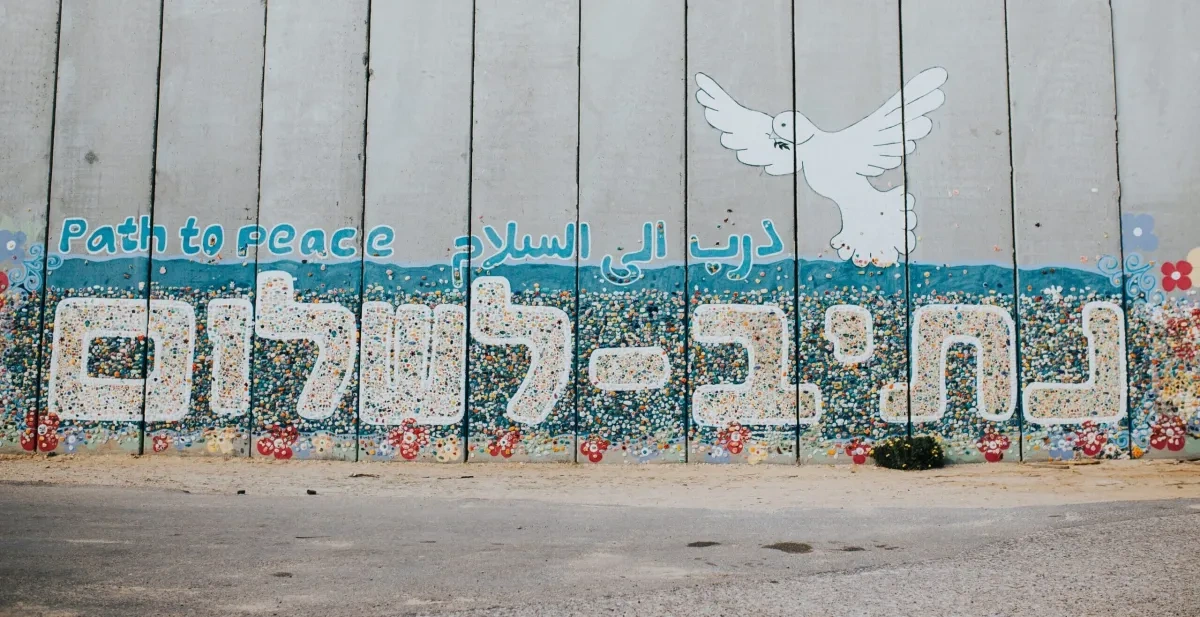

Peter Admirand's new article, "Confessions of a Catholic Theologian: On Silence, the Shoah, and the War in Israel-Palestine" published in Studies in Christian-Jewish Relationss

Studies in Christian-Jewish Relations
Peter Admirand's recently published article, "Confessions of a Catholic Theologian: On Silence, the Shoah, and the War in Israel-Palestine" is now available to read in the open-access, peer reviewed journal, Studies in Christian-Jewish Relations here.
Abstract
This is a post-October 7th reflection on Jewish-Christian relations by a post-Shoah Catholic theologian. It thus tries to assess how Hamas’ October 7th killings and kidnappings of Israelis and the subsequent Israeli bombing and fighting in Gaza impact and challenge the current state of Jewish-Christian dialogue. I first discuss the problematic role of silence in Jewish-Christian relations and try to assess if there is a right kind of silence and listening within the dialogue. I then trace my journey from identifying as a post-Shoah Catholic theologian to a post-Shoah, Catholic pluralist theologian, which was buttressed by the institutional Church’s contemporary theological journey towards disowning supersessionism and admiring and learning deeply from Judaism. In outlining this path, I also reflect and evaluate how my previously romanticized vision of Judaism matured and was nuanced through my work in witness testimonies of atrocity, humility studies, and religious pluralism. Such steps are intended to help guide me in trying to answer some very difficult questions I outline in the Introduction and return to in the Conclusion, including: To what extent should the Shoah hover over all genuine Christian-Jewish relations? Is Christian guilt, acrimony, and moral debt accrued from Christian supersessionism and its murderous conclusions towards Jews and Judaism so inexhaustible that it can never be repaid and healed? Or can even the (supposedly) repentant perpetrator challenge and question their now empowered victims? Will many Jews listen to Christians?
